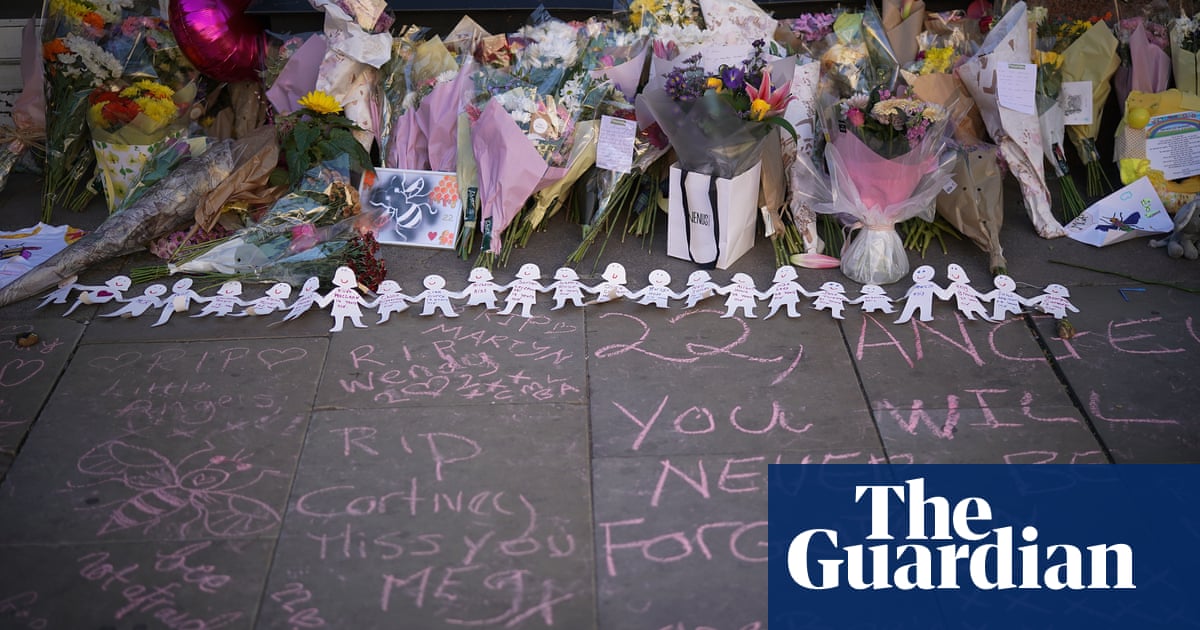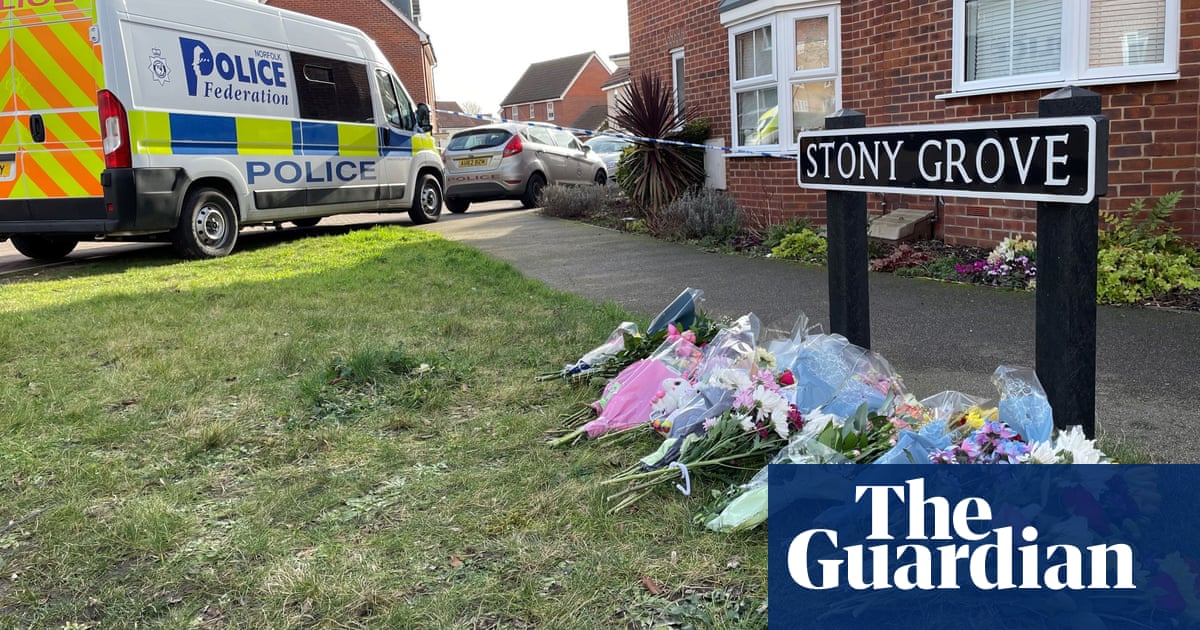
A UK investigation into the drowning of at least 27 people trying to cross the Channel in a small boat has yet to contact most of the victims’ families 12 months after the tragedy, the Observer can reveal.
The Marine Accident Investigation Branch (MAIB) has not yet been in touch with the majority of the families despite legal sources claiming it has all their contact details, prompting accusations that the inquiry’s progress is “dehumanising” the dead.
Maria Thomas of Duncan Lewis Solicitors, which is representing a survivor and 15 families of 18 people who died, including children, said it last contacted the MAIB on 1 November asking when it would speak to them, but had not received a response.
In another blow to the families, the MAIB has admitted that it would not be concluding its investigation into the tragedy – the first anniversary of which is on Thursday – for at least another six months.
The response of the UK and French authorities to the worst maritime disaster in the Channel for 30 years is under intense scrutiny, amid new evidence that both passed the buck and failed to help during the crucial hours after the incident was reported to coastguards. At least 27 people died, with five still missing, when the overcrowded dinghy capsized on 24 November 2021.
Thomas said: “We’ve made it abundantly clear that the families we represent wish to be contacted. Despite this, no efforts have apparently been made to contact them nearly a year on, which is frankly unacceptable.”
The MAIB’s own guidance for dealing with victims’ families states that it “attaches the greatest importance to keeping the family and friends of the victims informed about the known facts of an investigation”.
Thomas said that not only had the MAIB been given the necessary details of the close families of the deceased, predominantly from the Kurdistan region of Iraq, but that investigators had been repeatedly asked to reach out to them.
After a query from the Observer on Friday, a statement from the MAIB – which formally started its inquiry into the deaths more than 10 months ago – said that it had “begun” making contact with the families and that it “will be engaging with as many as we can in the coming weeks”.
Compounding the concern is an admission by MAIB investigators that it will not publish its report until “early summer 2023”, fuelling fresh concerns about a lack of urgency over the tragedy. And adding to the disquiet is the revelation that a separate investigation announced by the Department for Transport (DfT) in June has not received a start date, with details of its scope and format yet to be disclosed and no sign it will be the public inquiry families want.
“It’s obvious that every phone call, every incident log, and every decision made that night must be scrutinised in an independent, transparent process and not only behind closed doors,” said Thomas.
She added that the pace of the board’s investigation in conjunction with the lack of transparency regarding the DfT’s inquiry was dispiriting. “It’s quite frankly shocking that so little seems to have been done to get to the bottom of what happened.
“Can you imagine the response if a ferry from France sank full of British nationals and 32 lives were lost? This is the biggest loss of life in the Channel in over 30 years, yet there’s no political appetite to investigate and to understand why.”
Thomas added: “It feeds into a general narrative where we’re dehumanising those who arrive by small boats.”
It has also emerged that UK authorities turned down requests from families for the recordings of the final, frantic phone calls that their relatives made requesting help to the UK coastguards during the hours before they drowned. Handa Majed of charity Kurdish Umbrella said it had attempted to obtain the recordings for Rezgar Hussain – whose wife Kajal, 45, two daughters Hadia, 22 and Hasti, seven, and son Mobin, 16, all drowned – but to no avail.
Majed, who led the investigation for last week’s ITV documentary The Crossing said: “He wanted the recording but they refused. We said it’s private property, but still they refused.”
Freedom of information requests made on behalf of the families by Kurdish Umbrella for disclosure of the recordings between the migrants and the Maritime and Coastguard Agency (MCA) were rejected.
Last week, documents and recordings leaked to the ITV documentary and Le Monde newspaper revealed that UK and French coastguards spent critical hours passing the buck about which of them should help. They show the French coastguard did not send help, telling the migrants that they should contact UK emergency services as they were in British waters.
According to the French coastguard’s emergency log of the incident at 4.34am on 24 November, the French coastguard closed its incident log, wrongly assuming it had been dealt with by its British counterpart.
In the aftermath of the tragedy the UK government attempted to claim that the tragedy did not happen in its waters. The UK authorities’ collective response since has raised questions over how it treats those who arrive by small boats.
Last Wednesday the immigration minister, Robert Jenrick, provoked disdain by telling MPs: “We will not be able to secure the passage of everyone who chooses to get in an unsafe dinghy.”
A MAIB spokesperson said: “It is important we examine whether the UK’s emergency response was appropriate that night once it became apparent that migrant boats might be in distress in UK waters. Our investigation will seek to ensure that safety lessons are identified and, if appropriate, recommendations will be made. Tracing the relatives of the victims of this dreadful accident was a complex process and has taken much longer than we wanted it to.”
The MCA said it would not comment during the investigation.












